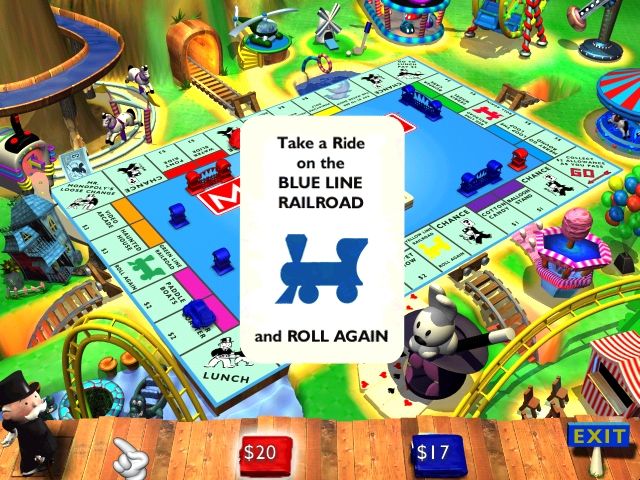

The difference is usually in the tokens and property names. A high percentage of these variations have a game format similar to the classic game.

Many variations on the Monopoly board game exist. Or you can play the traditional game in app form. These apps offer multiple off-shoot games that build on a character or aspect of Monopoly. Monopoly apps are offered for iOS and Android, too. You can find Monopoly video games for platforms like PlayStation, Nintendo, Windows, Apple, and Xbox. Monopoly is available in several different electronic versions. Whether your family likes fighting over who plays with the dog or top hat, a classic version of Monopoly will be just like the game you played as a kid. The tokens you know and love are included in the classic version. Groups of properties have the traditional coordinating colors, too. In the traditional version of Monopoly, the property names never change. The main thing you’ll need to consider when buying a Monopoly game is which version you prefer. Parents certainly can help younger players work through the game strategy as they’re playing, though. They need to be able to count money, read, and think strategically. Monopoly can be a difficult game for younger players to learn. However, if you want to speed up the gameplay, rules exist for timed games or shortened games. With evenly matched players, a single game can last a few hours or more.

One aspect of Monopoly that some people like is that it’s not a timed game. You’ll continue making loops around the board until the game is completed. Each of the 40 spaces on the board triggers a specific action. Players roll the dice and then move a token around the board. The player who finishes with the most money wins the game. Players purchase properties and then charge other players rent when they land on their properties. Standard Monopoly is a board game focusing on property ownership. However, some people dispute this version of the game’s origin. He used hand-drawn cards and bracelet charms as playing pieces. credited Charles Darrow with developing the game that grew into Monopoly more than 85 years ago.


 0 kommentar(er)
0 kommentar(er)
